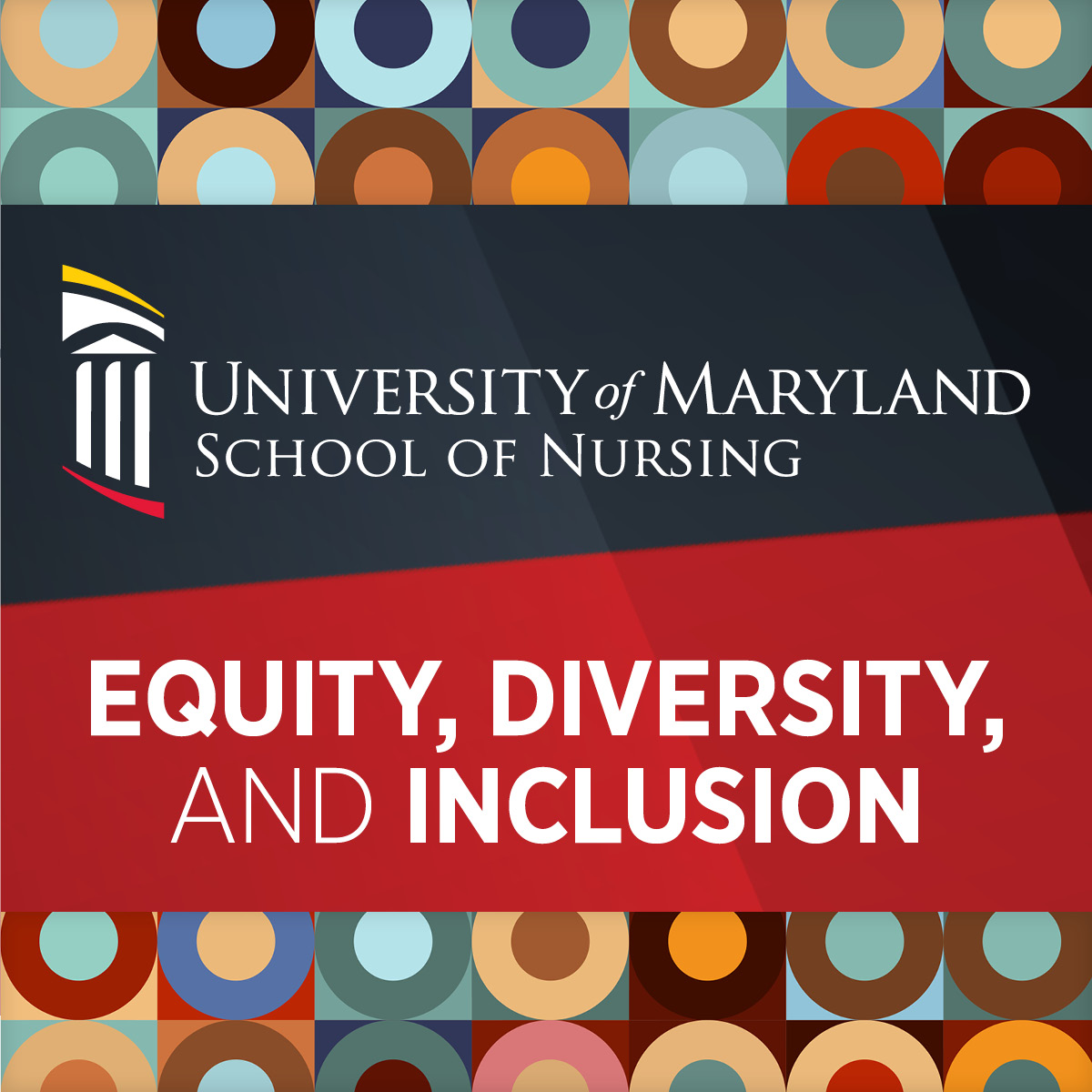Sept. 30: Together in UniSON: Theatre for Health Care Equity
August 29, 2024
Join the Office of Equity, Diversity, and Inclusion for an engaging and transformative experience that uses the power of theatre to illuminate biases and equip participants with practical tools for creating a more inclusive environment. This event is for UMSON faculty and staff only.
Continuing nursing professional development will be available for practicing nurses.
Date: Monday, Sept. 30
Location: Room 741
Time (choose one session to attend):
- Morning session: 9:30 - 11:30 a.m.
- Afternoon session: 1:30 - 3:30 p.m.
Lunch will be provided from 11:45 a.m. - 12:45 p.m. for both sessions.
Who They Are: Theatre for Health Care Equity is a technique based on Theatre of the Oppressed, a groundbreaking methodology developed by Brazilian artist Augusto Boal. This innovative art form blurs the line between actor and audience, encouraging audience members to engage physically and contribute to the storylines and interpretations.
What to Expect: This interactive workshop provides a unique and engaging way to confront discrimination and inequities in health care. Unlike traditional seminars, these sessions involve active participation, allowing participants to confront biases constructively and equip themselves with tools to foster understanding.
Objectives:
- Build Empathy: Enable perspective-taking through watching and participating in scenes from real-life experiences of students, faculty, and staff at UMSON.
- Address Bias: Identify and understand the impact of bias.
- Develop Practical Skills: Learn to disrupt bias and repair harm if one is the aggressor.
Learning Outcomes:
- Understanding Bias: Grasp the impact of bias.
- Skill Development: Demonstrate skills in disrupting bias and repairing harm.
Workshop Activities:
- Scenarios and Role-Playing: Facilitators will create scenarios based on real experiences. Participants will use role-playing to practice disrupting bias.
- Activities: Connect with our bodies and imagination in preparation for role-play and simulation.
- Interactive Dialogue: Engage in dialogue and Q&A sessions centered on problem-based learning.